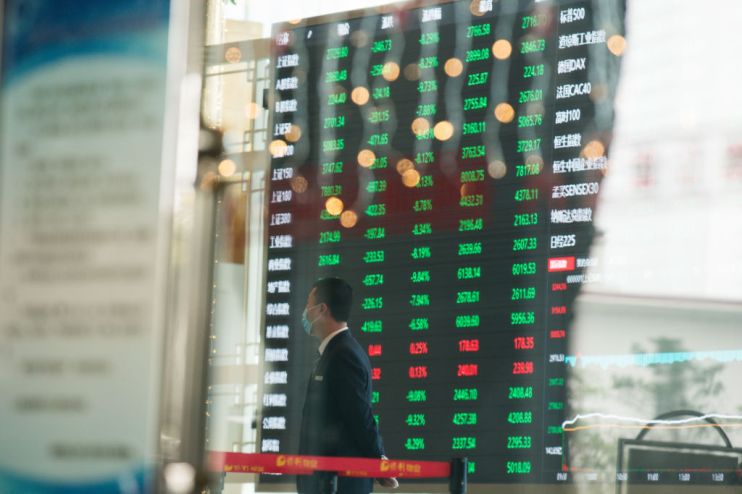Bumper summer for IPOs with fastest start to second half since 2007

Companies are pressing on with plans to go public even amid second wave fears, with the fastest start to the second half of the year since 2007.
A global total of 241 initial public offerings (IPOs) have been recorded during the second half of the year so far, according to data from Refinitiv.
Listings inevitably fell off as the pandemic hit, with March, April and May totals at their lowest for their respective months since 2009. This was due to the initial fears surrounding coronavirus and what impact that could have on companies and economies alike.
The bumper start to the period is in part due to a backlog, though year-to-date levels show the total value raised — $96.7bn — is up 11 per cent on 2019. And there are high value listings still to come, as Airbnb prepares to float after coronavirus stalled plans earlier this year.
“For those three months, IPO candidates just sort of paused their plans, but since then we’ve seen activity increase quite rapidly,” Lucille Jones, deals analyst at Refinitiv told City A.M.
Proceeds raised so far in the second half total $36.7bn, up 140 per cent from the previous year and marking a ten-year high for the period.
The technology-focused Nasdaq in the US has been the most active exchange this year, with debut listings raising $26.8bn, among them Warner Music Group ($1.9bn) and Zoom (£0.9bn). Shanghai’s equivalent —the Star Market — is the second most popular with $13.9bn raised.
The tech-focused Star Market and Nasdaq are likely to remain popular venues for IPOs as technology companies that have proved robust through the pandemic look to go public.
“We are facing an extended period of macroeconomic uncertainty coupled with concerns about the second wave of the virus. But companies in the right sectors and with the right business models can successfully adjust… particularly tech companies”, said Jones.
“The ones likely to list are the ones that have benefited, or provide resilient, to the lockdowns. Technology and healthcare companies, which investors have rushed to during the pandemic, will fare far better than travel and retail companies which will be less inclined to go public.”
Chinese IPO venues lead the charge
China’s Star Market, which is just a year old, has proved to be a remarkably popular pick for companies going public.
Ant Group, which announced plans earlier this week to list on the Star and in Hong Kong, will boost the exchange even further up the list in what has been tipped the biggest IPO ever.
Ant Group’s success could lead to more tech listings on the Starboard over the traditional Nasdaq venue, which has been a popular route for Asian technology companies, especially since their regulation is less strict.
Jones said she expected the exchange will become even popular as tensions between Beijing and Washington play out. If Chinese-based companies are forced to delist from US exchanges because they are not complying with regulations they are likely to relist in Shanghai or Hong Kong. As such the result of the US election may also play a role in how these companies approach their listings in the future.
“There could be some increased activity as IPO candidates want to get their listings through before the elections,” Jones added.
It is in stark contrast to the UK, with London not even appearing in the top ten, as economic uncertainty and Brexit linger. There was some rare good news today as Hut Group announced plans for a £4.5bn IPO on the London Stock Exchange.
It is likely to be first major float in the capital since the start of the pandemic, but it is unlikely London will be able to play catch up by year-end.
“It seems to be a competition between the US and China at the moment, and London doesn’t seem to be able to compete,” Jones said.